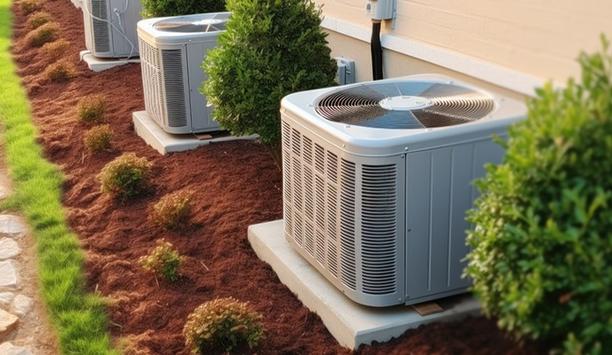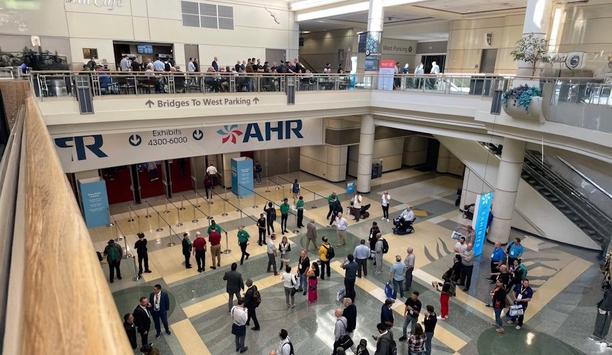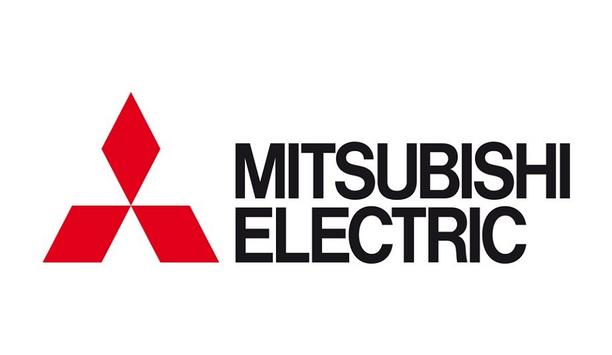Google’s Nest smart thermostat is testing a new capability that will alert homeowners of problems with the operation of their HVAC systems based on artificial intelligence (AI) algorithms that analyze system performance. The technology will empower Nest Learning thermostats to provide ‘early warning’ of HVAC problems and even direct homeowners to a repair company.
The new capability will involve measuring factors such as how long it takes to heat or cool a room. If the required amount of time changes, it likely reflects an underlying problem with a system’s operation. And because the system ‘learns,’ the analytics capabilities will improve over time as the system becomes more familiar with operational norms of a home HVAC system.
Providing early warning
Signing up for the report is easily performed through the Nest app in the ‘settings’ section
Homeowners are notified by email of a suspected problem. To take advantage of the capability, Nest customers must sign up for the monthly Nest Home Report, which is an email that includes metrics on monthly power usage and ‘safety events.’ Signing up for the report is easily performed through the Nest app in the ‘settings’ section. Anyone who doesn’t want the HVAC alerts can opt-out and still receive the monthly report.
In addition to providing early warning of problems, Nest is partnering with Handy, an online repair service, to direct users to HVAC professionals who can help diagnose and repair any heating or cooling problem. Handy is a ‘gig’ marketplace platform for connecting individuals in search of household services with pre-screened independent service professionals, including HVAC specialists.
 |
| Nest will take note of the changes, whether related to a cooling or heating system, usually before the homeowner could notice the variations |
Independent service professionals
There is a ‘seamless’ 60-second booking process, secure payment and a satisfaction guarantee. HVAC providers can register as a Handy Professional at the Handy website. Handy is not an employer but specializes in connecting independent service professionals with customers. During an initial test period, Nest users in 20 U.S. cities will have the ability to book a technician through the alert system, including Atlanta, Boston, Denver, Las Vegas and San Diego. The capability will be made available in additional cities across the United States over time.
Alternatively, a homeowner could show the information from a Nest alert to their own HVAC technician or book through another service. According to Google, the new feature will send email alerts if ‘the Nest thermostat detects unusual or unexpected patterns,’ based on the thermostat’s historical data and current weather.
Providing advance notification
The alert system would be unlikely to provide advance notification if a major component were about the fail
Nest will take note of the changes, whether related to a cooling or heating system, usually before the homeowner could notice the variations. Although the option can provide useful alerts to undiagnosed problems, Google emphasizes that it should not be used as a substitute for periodic checkups by HVAC professionals.
Furthermore, the alert system would be unlikely to provide advance notification if a major component were about the fail. However, regular maintenance checks would ensure advance notification of any component on the verge of failure. Also, customers might not need to notify a professional of a problem, for example, if they know of an explanation for the changes, such as a door left open.
The ‘early warning’ alerts are an additional feature of the smart Nest Learning Thermostat, which can save up to 12% on heating bills and 15% on cooling bills. It can also create a schedule based on comfort preferences and energy usage targets. The anomaly detection alerts are a natural extension of Nest’s predictive capabilities.







































